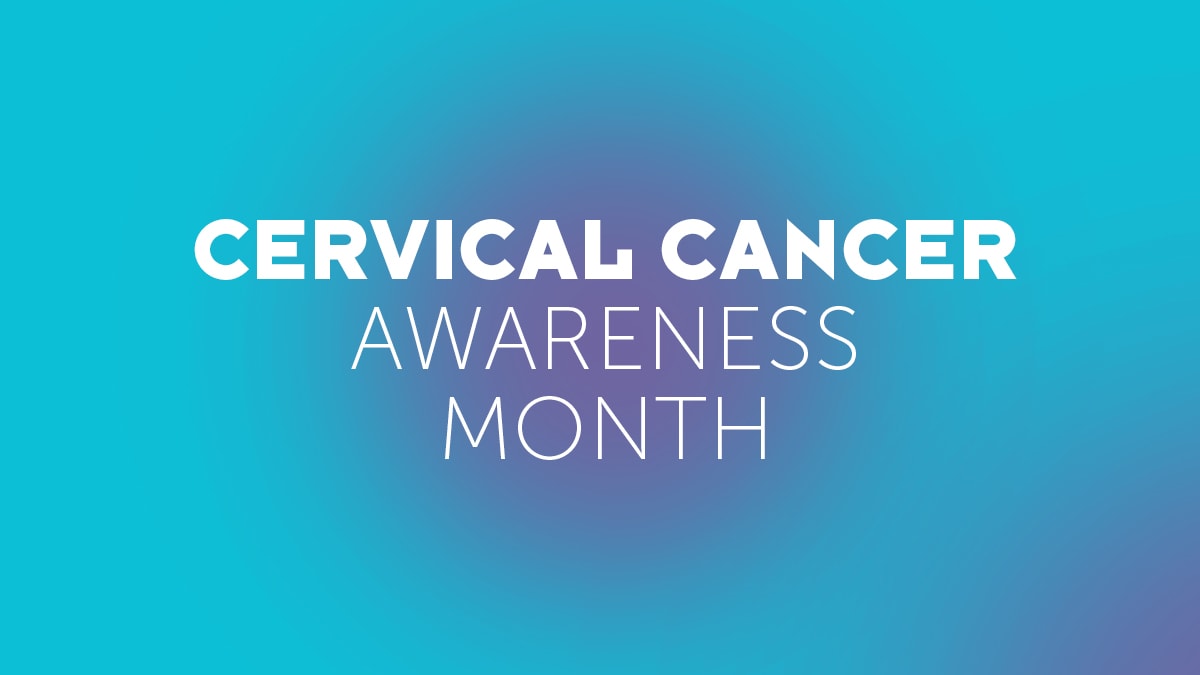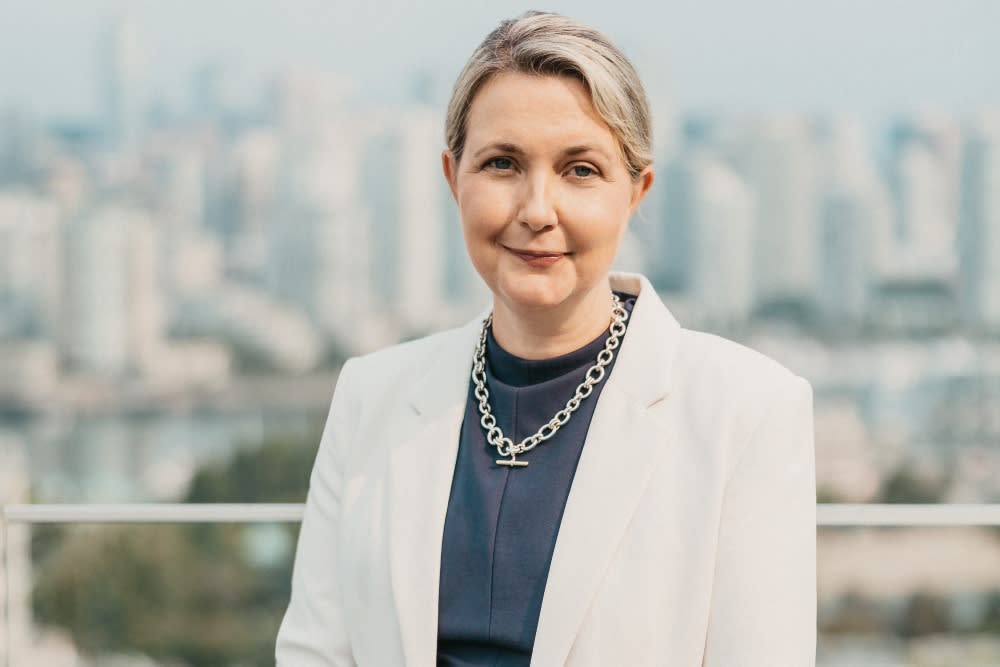Dr. Gelmon continues her blog for the BC Cancer Foundation, talking about Phase I Clinical Trials and Drug Development.
All the drugs we use in clinical trials have to be tested in the lab before testing on patients can occur. The first studies in humans are called Phase I studies and are done with a new drug or new combination of drugs. The aims of Phase 1 studies are to see what the correct dose of the drug is, what the side effects are, and how the drug is distributed in the body. We are also interested in whether tumours respond, but this is not the main purpose of the Phase I studies. These initial studies are also conducted on a variety of tumour types, not just one specific cancer. When I returned to the BC Cancer Agency as a medical oncologist, as mentioned in my first post, this was one of the areas that I began working in and I have been fortunate to work with a great team.
The Experimental Therapeutics department of the BC Cancer Agency is led by Dr. Marcel Bally. By having links with scientists like Marcel, I have been able to understand more about what goes into getting a drug into clinical trials than I would if I had no contacts outside the clinic. Prior to initiating studies in humans we need to understand the drug and determine how to measure its activity.
Phase I studies of cancer drugs usually enroll persons who have incurable cancers that have not responded to standard therapies. Patients volunteer for these experimental studies for a variety of reasons. For some, it is a way of giving back to research, as they feel they have benefited from prior research. For most, it is hope—the hope that the new drug will shrink their cancer. Working closely with these patients, I continually learn about their courage and altruism. In the last few years, we have had a number of drugs that have gone on to be further developed and eventually become standards of care.
Recently we have started to look at drugs with specific genetic targets. We want to develop new drugs according to the individual tumour. This will allow us to realize personalized medicine and hopefully will accelerate the development of promising new drugs. With support from the BC Cancer Foundation we can move forward in B.C. with this goal. Linking exciting science and clinical expertise we may begin to determine which tumours should be treated with which specific drugs.
Sincerely,
Karen


